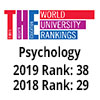
The world of work is rapidly changing and organizations constantly grapple with questions such as how to attract and retain skilled employees, design hybrid work arrangements, or promote human-Artificial Intelligence collaboration.
Work, Organizational and Personnel (WOP) Psychologists focus on understanding human behaviour in the workplace and applying these insights to improve the well-being and performance of organizations and their employees.
Our programme will encourage you to seek answers to questions such as: How can we create healthy workplaces where employees thrive, flourish and perform? How can we prevent destructive leadership and create inclusive workplaces where employees feel safe? How can we stimulate innovation? How can people best manage their career and maintain well-being and productivity as they grow older?
Central to our programme is a clear link between theory and practice: you will gain cutting-edge theoretical knowledge as well as the practical skills needed in your future career. Through the unique combination of specialized theoretical and skills-oriented coursework, you will learn how to translate theoretical knowledge into evidence-based practical solutions that can be implemented in the workplace. With the coaching skills course, you have the opportunity to get a coaching certificate , which can be a springboard to a career in coaching, counseling, or personnel development.
This Master's track is a good fit for you if you are interested in:
This 1-year programme consists of (a minimum of) 60 EC courses. The courses include four specialization courses of 5 EC each, a 5 EC skills course, a 5 EC methods course, a 20 EC master thesis, and a 10 EC internship.
Throughout the year, you will a) follow courses to hone both your theoretical and practical skills, b) work on your master thesis, in close collaboration with one of our staff members, and c) do an internship. The thesis provides you with the opportunity to explore a topic in more depth. The internship gives you the opportunity to see how organizational psychology works in practice, and to further develop your professional skills to prepare you for the job market.
Within the programme, you can specialize in a field of your interest through a focused choice of the course package, the topic of your master thesis and the choice of internship, such as:
Our courses combine theory and practice. Each of our four specialization courses introduces you to a topical domain (e.g., selection assessment and performance; leadership, creativity and innovation) and relevant practical skills (e.g., job analysis and assessment, leadership skills, stimulating creativity). You are required to complete two out of the four specialization courses, however, you can, of course, complete all four.
You further choose one out of two skills courses (coaching or designing interventions) and one out of three methods courses (test construction, repeated measures or advanced research methods in social and organizational psychology). These courses are devoted to more intense skills training which prepare you for your master thesis, the internship, and your future career. With the coaching skills course, you have the opportunity to get a coaching certificate, which can be a springboard to a career in coaching, counseling, or personnel development.
In your master thesis, you explore and delve into a topic of your choice. You work closely with one of our staff members on a research project in order to hone your research and statistical skills.
In your internship, you gain hands-on experience in the field of work, organizational, and personnel psychology by working directly with industry professionals and organizations. This practical exposure allows you to develop and refine your professional skills, while also gaining insights into the opportunities and challenges you are likely to face in your professional future. We can support you by:
| Semesters | ||||
|---|---|---|---|---|
| CoursesCourse Catalog > | 1a | 1b | 2a | 2b |
| Advanced Research Methods in Social and Organizational Psychology (method course) (5 EC) | ||||
| Repeated Measures (method course) (5 EC) | ||||
| Stress and health at work (specialization course) (5 EC) | ||||
| Coaching (skills course) (5 EC) | ||||
| Designing interventions (skills course) (5 EC) | ||||
| Elective course (two extra specialization courses WOP or other courses in the master Psychology RUG/master course outside Psychology-RUG) (optional) | ||||
| Internship (10 EC) | ||||
| Master's thesis (20 EC) | ||||
| Power and Leadership (specialization course) (5 EC) | ||||
| Creativity and Innovation in Organizations (specialization course) (5 EC) | ||||
| Test Construction (method course) (5 EC) | ||||
| Selection, assessment, and job performance (specialization course) (5 EC) | ||||
It is usually possible to do your internship in an organization abroad. You can consult with your internship supervisor which arrangements are needed to integrate an international internship in your curriculum.
| Specific requirements | More information |
|---|---|
| previous education |
Your previous education and chosen master track determine the application procedure and whether you are eligible for admission to the master or a possible premaster. |
| language test |
Depending on your background and language of the track of your choice, you will have to submit proof of your proficiency in either Dutch or English. |
For all information, including above mentioned topics, please carefully inspect the pages on Application, Admission and Selection
| Type of student | Deadline | Start course |
|---|---|---|
| Dutch students | 01 May 2024 | 01 September 2024 |
| 15 November 2024 | 01 February 2025 | |
| 01 May 2025 | 01 September 2025 | |
| 15 November 2025 | 01 February 2026 | |
| EU/EEA students | 01 May 2024 | 01 September 2024 |
| 15 November 2024 | 01 February 2025 | |
| 01 May 2025 | 01 September 2025 | |
| 15 November 2025 | 01 February 2026 | |
| non-EU/EEA students | 01 May 2024 | 01 September 2024 |
| 15 November 2024 | 01 February 2025 | |
| 01 May 2025 | 01 September 2025 | |
| 15 November 2025 | 01 February 2026 |
Deadline for master's tracks with selection is 1 October and 1 March Deadline for master's tracks without selection is 15 November and 1 May*.
Please note: We strongly advise non-EU/EEA students to submit the application well in advance of this deadline* (more than 1 month) to allow sufficient time to obtain or renew a visa.
| Specific requirements | More information |
|---|---|
| previous education |
Your previous education and chosen master track determine the application procedure and whether you are eligible for admission to the master or a possible premaster. Check https://www.rug.nl/gmw/psychology/admission-prior-education to find the admission requirements that apply to you. |
| language test |
All bachelor's students from a Dutch university meet the language requirements. For more information, please look at the following page: https://www.rug.nl/gmw/psychology/language-requirements |
The information can be found on the page about Application, Admission and Selection .
| Type of student | Deadline | Start course |
|---|---|---|
| Dutch students | 01 May 2024 | 01 September 2024 |
| 15 November 2024 | 01 February 2025 | |
| 01 May 2025 | 01 September 2025 | |
| 15 November 2025 | 01 February 2026 | |
| EU/EEA students | 01 May 2024 | 01 September 2024 |
| 15 November 2024 | 01 February 2025 | |
| 01 May 2025 | 01 September 2025 | |
| 15 November 2025 | 01 February 2026 | |
| non-EU/EEA students | 01 May 2024 | 01 September 2024 |
| 15 November 2024 | 01 February 2025 | |
| 01 May 2025 | 01 September 2025 | |
| 15 November 2025 | 01 February 2026 |
Deadline for master's tracks with selection is 1 October and 1 March Deadline for master's tracks without selection is 15 November and 1 May*.
Please note: We strongly advise non-EU/EEA students to submit the application well in advance of this deadline* (more than 1 month) to allow sufficient time to obtain or renew a visa.
| Nationality | Year | Fee | Programme form |
|---|---|---|---|
| EU/EEA | 2024-2025 | € 2530 | full-time |
| non-EU/EEA | 2024-2025 | € 20800 | full-time |
Practical information for:
The Master in Work, Organizational, and Personnel Psychology prepares you for a wide range of careers. WOP psychologists often work in organizational practice, but also in applied or fundamental research institutes. The master allows you to continue your education in the Dutch postmaster programme 'Arbeid- en Organisatiepsycholoog' offered by the NIP.
Below you can get an idea of the types of areas that WOP psychologists are likely to work in within organizations:
- Human Resources
Operations
- Recruitment &
Onboarding
- Learning &
Development
- Compensation &
Benefits
- Human Resources Data
Analytics
- Organizational
Development & Change
- Diversity, Equity
& Inclusion
- Employee Experience
& Wellbeing
Career services
BSS
Where do you want to work after your studies? You can
contact
Career
Services
already during your studies.
They will help you orientate on your career, develop your skills,
apply for jobs and find an internship.
Our research reflects the wide scope of the field. All of our staff members have multiple research projects in different areas, and as a student in our programme you will be actively involved in one of our ongoing studies.
We employ a variety of
methodologies, including field surveys, diary studies, and
laboratory experiments. Many of our studies are done with employees
in organizations, but we also regularly conduct lab research or
online studies. Central to all our research is the link between
theory and practice: We aim to produce knowledge that is grounded
in good research and theory, while at the same time offering clear
perspectives for interventions to actually improve organizational
life.
Here
,
you can find a comprehensive
overview of the research interests of our staff members:
Some examples of research questions that we address in our programme:
Besides academic journals, our research is also showcased on Mindwise, the blog of the Psychology department.
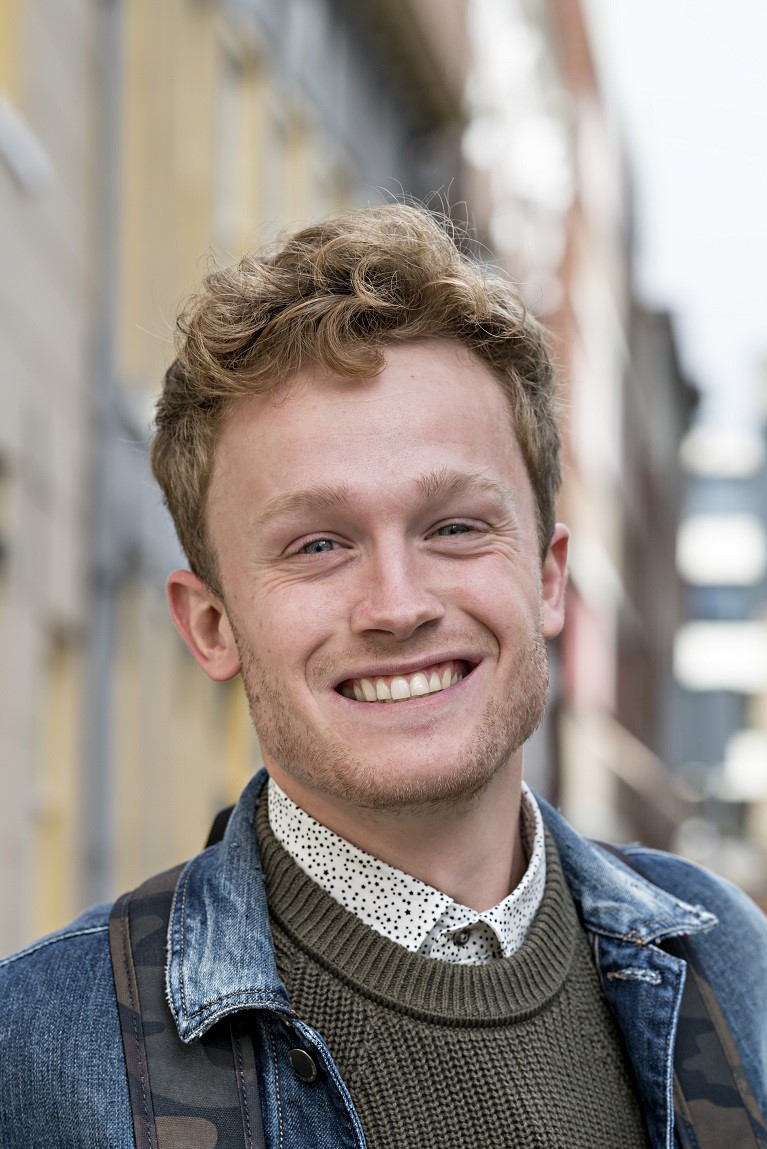
Read moreAs an interim professional, I have the chance to get to know many organisations in a relatively short amount of time and to try out different types of work.
I'm an interim professional in the field of HR at secondment, recruitment, and selection agency Yacht. Even though I haven't studied Human Resources, the Master's in Work, Organization and Personnel Psychology I did, gives you a solid background to start working in this field. They are both concerned with working people, after all.
Interim professional means that I am seconded at an organisation to work there for a certain period of time. Yacht is part of Randstad, the large temping agency. Yacht is their ‘professional’ branch, which is aimed at theoretically trained people. In addition to HR, there are several areas of expertise within Yacht, such as legal, finance, or IT. I’m now almost finished with my fourth assignment in two years time, so I have one assignment per six months on average. It’s great because it gives me the chance to see many different companies and carry out different types of work. It’s also sometimes called ‘legal job hopping’.
I arrived at this job through my Master’s thesis, which was commissioned by the local government. My thesis discussed the development of the labour market in the Northern Netherlands. They were very impressed with my report; the way I presented it to them, and the way in which I made use of statistics. The latter is what got me a job as data expert in their team.
As an interim professional, I have the chance to get to know many organisations in a relatively short amount of time and to try out different types of work. My professional development is therefore quite fast-paced. When you start your first job, you usually have no idea what you want to do and which skills you have. This job gives me the opportunity to discover my professional self and to find out what it is that I enjoy doing.
In the current labour market, it is very important to attract the right people. Few people are the right fit and you want to keep the ones you managed to contract. That is why staff selection matters. In my current role, I'm also active as a selection psychologist, so I use my knowledge about assessments on a daily basis.
I very frequently enter situations where people do things in a certain way because ‘that’s how they’ve always done it’ or because they simply don’t know how to do it and have, through experience, learned to do it the right way without even knowing it. I am able to use the knowledge from the WOP degree programme to improve, or even professionalize, business operations. Also, when a new project is about to start I can be of value, because I can rapidly familiarise myself with a topic and am able to find scientific information about the topic quickly.
At the time, the Master’s in WOP was a logical next step for me after my Bachelor’s in Applied Psychology. I realized that my patience with clients runs out quickly if there is no progress. It suits me better to look at how people who function normally can function even better.
In the future, I hope to hold a managerial position or even be on the board of a great organisation. That would have to be an organisation of which the core values are aligned with my outlook on life. Only then would I be able to give 100%.
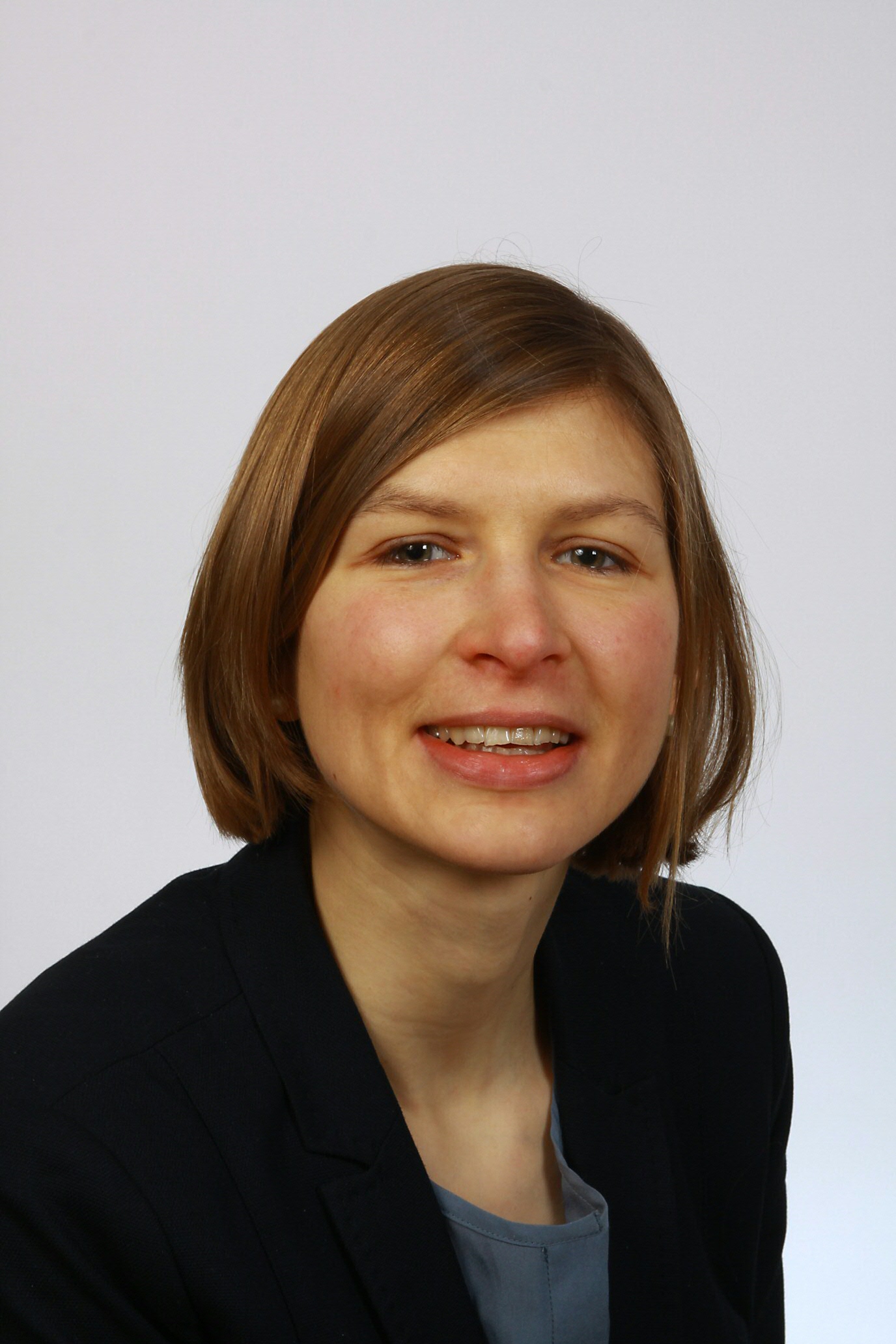
Read moreOur Master's track prepares students for all domains of Work, Organizational and Personnel Psychology.
My
colleague Susanne Scheibe and I teach the interactive course unit
Aging at Work and Career Development. We hold discussions with
students about what staff members need at different ages and in
different phases of their careers, and how organizations can
support them better within their own frameworks. Now that companies
are finding it increasingly difficult to recruit and retain good
staff members, they need to start thinking about things like talent
development, flexible working, and a good work-life
balance
.
Organizational
psychologists play a crucial role in the development and
implementation of these types of initiatives. Bringing the needs of
an organization and those of its staff together demands a lot of
knowledge and creativity.
If you're
interested in applying knowledge from several different domains
within psychology, the Master’s track in Work, Organizational
and Personnel Psychology will be right up your street. Our
knowledge is based on fundamental aspects of, for example, social,
developmental, and personality psychology. My passion is health
psychology on the work floor: how do staff members and
entrepreneurs stay healthy during their day-to-day life and
throughout their careers?
Organizational
psychology is a relatively wide field. I therefore advise my
students to keep an open mind, to be curious about all course units
and new perspectives, but also to plan their studies properly. Do
you already know what you would like to specialize in? Or have you
not decided yet? In any case, our Master’s track will prepare
you for all domains, so that you'll have plenty of career options
after graduating.
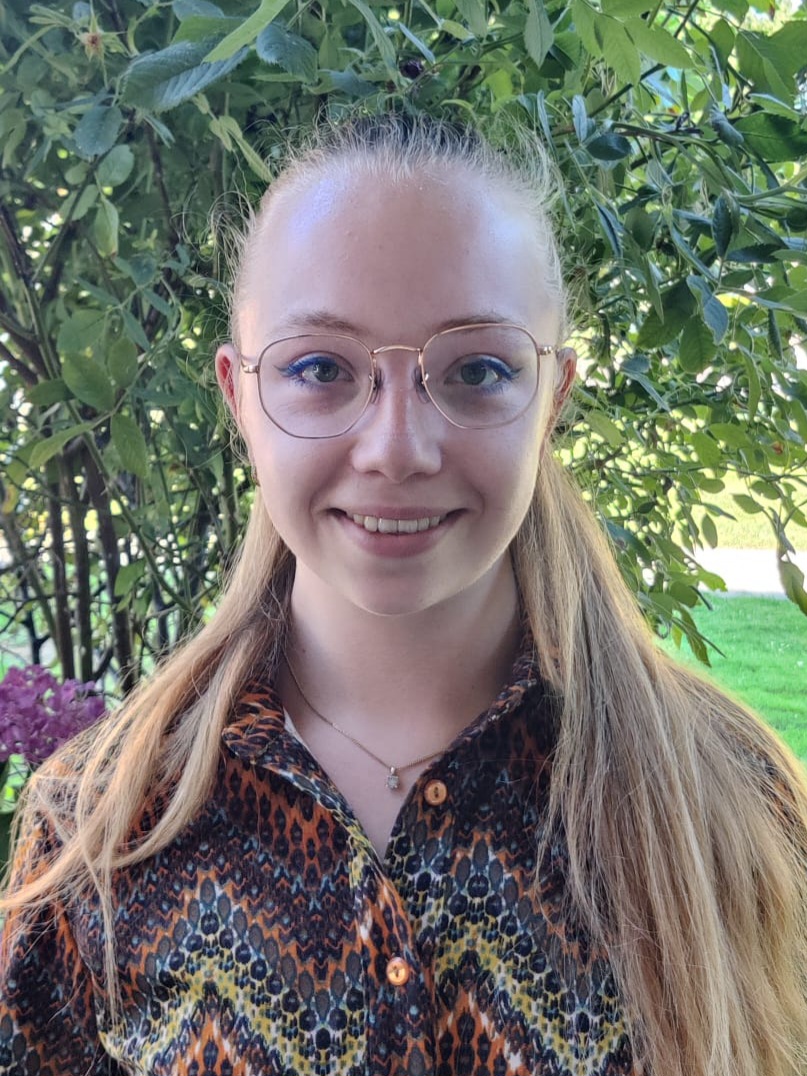
Read moreChoose a placement slightly outside your comfort zone.
I
considered the Master’s track in Work, Organizational and
Personnel Psychology to be a logical follow-up to my
Bachelor’s degree in Psychology. I enjoy working with people,
and I noticed that the business world also appeals to me. Graduates
of this Master’s track can find jobs in any company, from
small NGOs to fancy multinationals.
I did my placement
at Nouryon, previously AkzoNobel, in Amsterdam. I got to carry out
tasks at both junior recruiter level and HR officer level. I spent
three hectic months commuting between my hometown Veendam and
Amsterdam. However, I'm very happy that I stepped out of my comfort
zone and chose such an interesting company. I'm now employed at
Nouryon, and am working on some interesting projects. For example,
I'm analysing our international HR offices to try to answer the
question of how we can make them more efficient.
Work,
Organizational and Personnel Psychology offers a good balance
between practice and research. The programme continuously
establishes links with actual practice, even in theoretical course
units such as Personnel Selection. In addition, the Master’s
track has a strong academic perspective, which both your own
personal development and your future employer will benefit from.
This is what will distinguish you from HRM students in the
workplace.
I have a few
pieces of advice for potential students. First of all, make sure
you attend the planning meeting at the beginning of the year. It'll
give you an idea of what you want to do and when, and what you will
need in order to do it. Also choose an interesting placement; this
will really help you a lot.

Read moreI work for a company that is strongly committed to staff wellbeing.
After
having completed my Master’s degree in Work, Organizational
and Personnel Psychology
, I found a job as a
People and Culture
Manager at Innatera Nanosystems. This is a young, dynamic company
that is strongly committed to staff wellbeing. They were looking
for an HR business partner, a professional who could function as a
partner both to the management team and to the people on the work
floor. I had already gained work experience during several
placements and as a volunteer coach for students at the UG. My
employer was very enthusiastic about the latter in particular, as
it shows that I really care about people.
I studied
Psychology on Mallorca, where I’m originally from, and in
Sweden on an Erasmus scholarship. A course unit in Occupational
Psychology opened up a whole new world to me. I decided to further
specialize in staff wellbeing and leadership, and chose to follow
the Master’s track in Work, Organizational and Personnel
Psychology at the UG because it's highly regarded and taught
completely in English. The international environment also appealed
to me.
This
Master’s track teaches you lots of practical skills, for
example in the Coaching course unit. I still benefit greatly from
this, not only when coaching staff members, but also when designing
projects. In addition, you learn to translate theoretical knowledge
into real-life questions, such as how to increase creativity on the
work floor or how to motivate staff members. I keep up to date with
specialist literature and read a lot about new research. My
employer offers me all the space I need to apply my knowledge to
support the staff’s wellbeing. And that's what I enjoy doing
most.
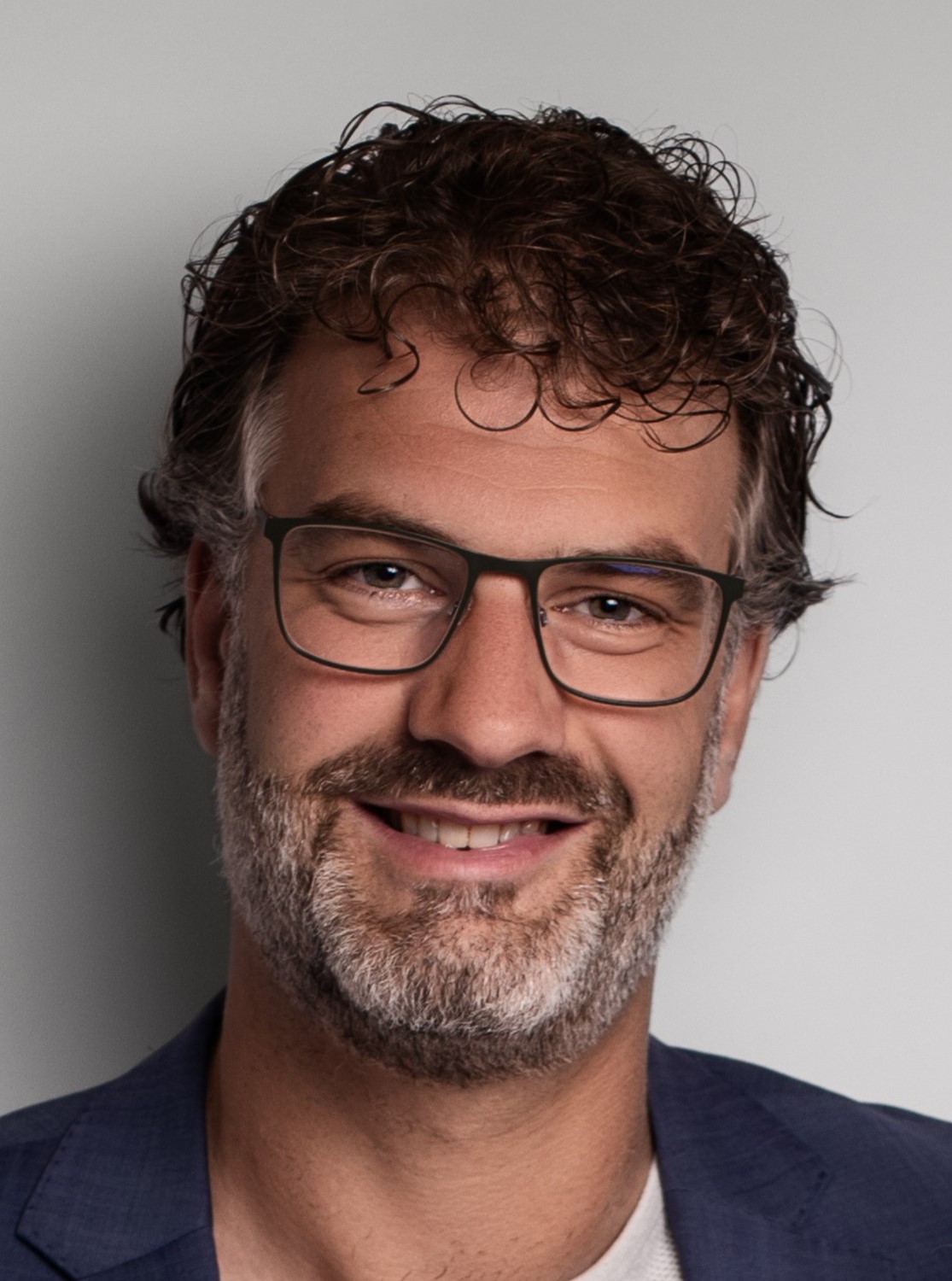
Read moreDaring to put your finger on what's going on is what our profession is all about.
As
organizational development partner in my own company Dignify, I
help organizations to achieve behavioural change, for example when
implementing self-management in teams. In addition, I'm often
consulted when a team doesn't function well, when things aren't
running smoothly. Whether this is because someone is being bullied
or because one colleague is particularly dominant, it's always a
matter of a lack of psychological safety; in other words, the
feeling that you're allowed to express yourself without being
punished for it. Psychological safety forms the basis for the
ability to learn and develop together.
A variety of
aspects of the Master’s track in Work, Organizational and
Personnel Psychology have reappeared in my work. I still regularly
consult the various motivation theories when I'm designing a
training course. The practical course unit in Coaching has also
helped me a lot, as well as the course unit in Creativity and
Innovation in Organizations, which challenges you to think about
how to translate theory into practice.
Graduates of the
Master’s track in Work, Organizational and Personnel
Psychology are experts in the field of culture and behavioural
change within organizations. They're able to convert the desired
changes into concrete behaviour. They can give feedback, ask
questions, and motivate people. They recognize team dynamics and
can identify the formal and informal leaders. And, above all, they
dare to put their finger on what’s going on, impartially and
objectively. And that, I think, is what our profession is all
about.
You
Do you recognize yourself in this description? Then the WOP Master is the right choice for you! Take a look under the section Research for some examples of questions and issues you could be involved in.
Our academic advisors inform and advise prospective students, students enrolled in one of our programmes, and alumni. You can turn to them with all kinds of questions, e.g. about the programme itself, study planning, choice of courses/minors, enrolment, rules and regulations that apply to a study programme, attending courses at other faculties and studying abroad.
Please do not hesitate to contact one of our academic advisors or plan an appointment with one of them. Navigate to https://www.rug.nl/gmw/psychology/education/study-and-supervision or click the Contact button on this page.
The UG website uses functional and anonymous analytics cookies. Please answer the question of whether you want to accept or reject other cookies (such as tracking cookies). If no choice is made, only basic cookies will be stored. More information
